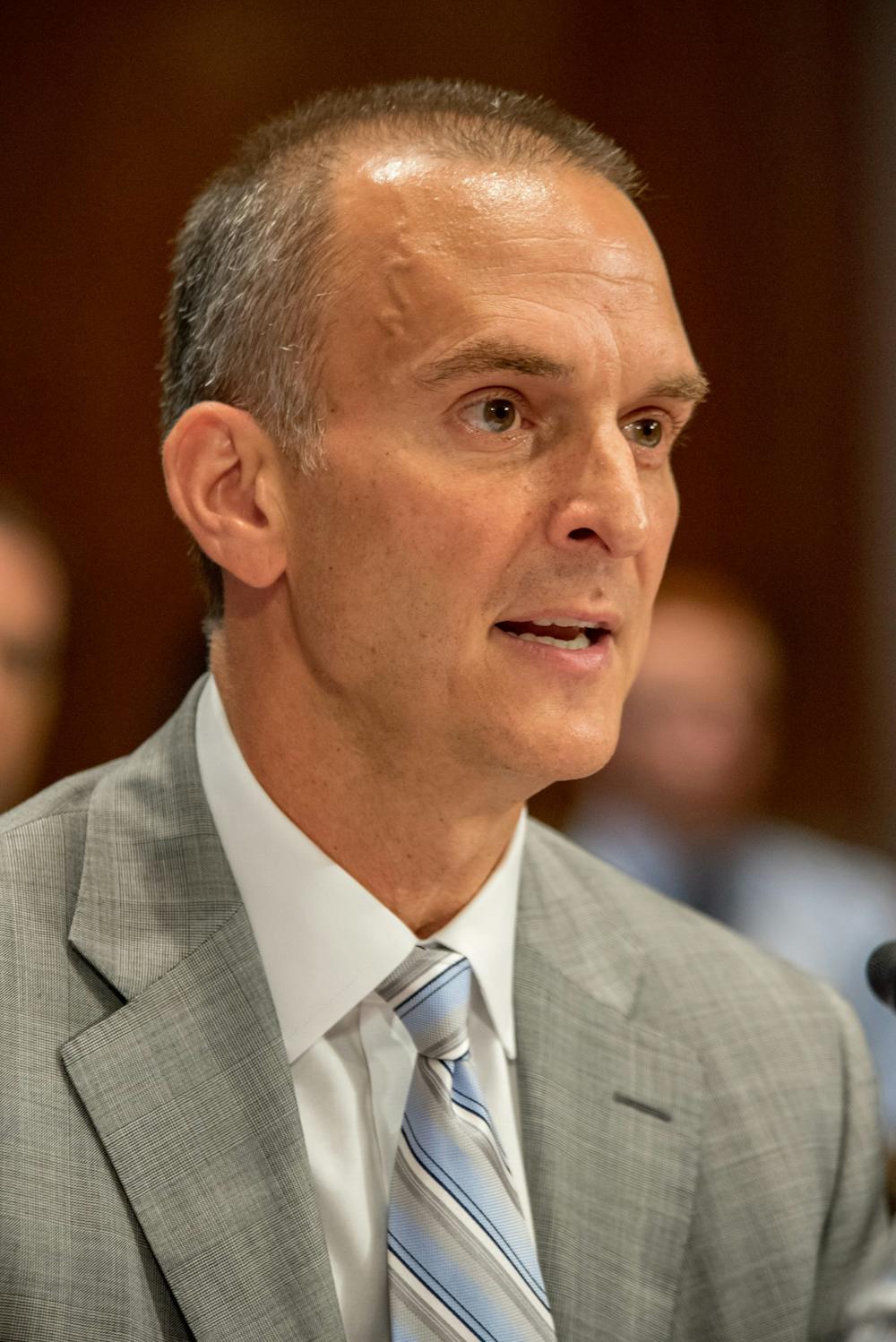Travis Tygart graduated from UNC in 1993 with a degree in philosophy. Now, he's the CEO of the U.S. Anti-Doping Agency, which in 2012 helped expose cyclist Lance Armstrong in a massive doping scandal. In light of ESPN's recently released documentary, Lance, senior writer Ryan Wilcox caught up with Tygart to discuss his role in the Armstrong saga and more. Answers have been edited for brevity and clarity.
What was your time at UNC like? In what ways do you think it prepared you for what you’re doing now?
It was a fantastic four years. I wish I could’ve stretched it out to be longer. Looking back on it, being at Chapel Hill was an amazing and wonderful opportunity.
Obviously, sport has always meant a ton to me. In fact, I wanted to go to Carolina to begin with for two reasons: one, my dad swam at Carolina for a couple of years, so that had a big influence on me. But I’ll never forget: I think I was in fifth grade in 1982, watching the game where Jordan, as a freshman, hit the shot. I’ll just never forget how it was the Carolina family, and they worked hard and Dean Smith had this process. It clued me in to something bigger than the day-to-day minutiae that we get dragged down with, and when I got to Carolina I saw that firsthand.
I eventually made my way over to the philosophy department, and I really gravitated toward studying concepts of justice, and freedom of individuality, and equality. Those concepts of what’s right and what’s wrong. That set a foundation where I decided to go to law school, along with my love of sport and what sport meant — it should be equal to all.
I ended up taking a job with a law firm to do sports law — not like an agent, although we did represent some athletes, but really from an entity standpoint. It was about two months before USADA got started, and so we became their outside counsel. And I just absolutely loved what it stood for, to keep sport healthy and safe and clean and fair. So it directly tied back into all the things I saw firsthand, but also studied in Chapel Hill.
I was offered the job to come in as the in-house lawyer here at USADA, and I think that was such a fortunate outcome. I may not have known it at the time, because USADA was still a startup, and we were struggling to get our feet under us and identify who we were. We had just started in October of 2000, so it was about two years after, but people still weren’t sure about this new organization — was it just a pee collector, or was there something bigger going on? Obviously, I always saw it as much bigger, in the sense that it’s a key organization in supporting and protecting athletes.
For those that don’t know, can you explain your role in the Lance Armstrong case?
We had a whistleblower, Floyd Landis, that contacted us in April of 2010. We began investigating it, and it seemed clear there were some criminal laws that had been violated. We then turned that evidence over to the federal government, who initiated a criminal investigation. We sort of put our investigation on hold in deference to what they were doing. In February of 2012, the federal government closed its case, and we said “OK, we have to do our job. And the evidence is overwhelming that sport rules, our rules, had been violated.”




